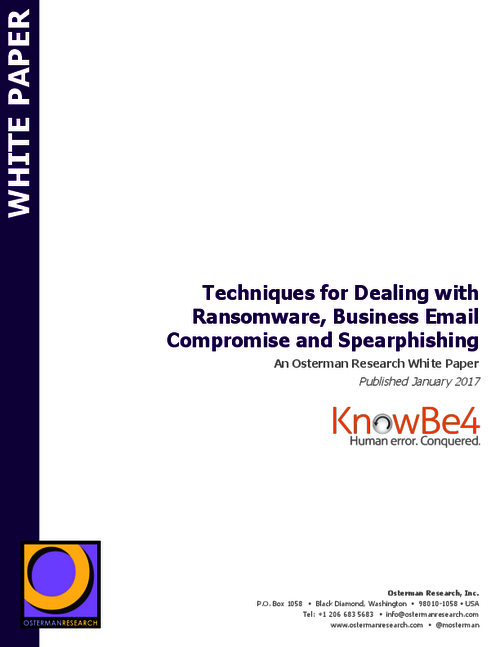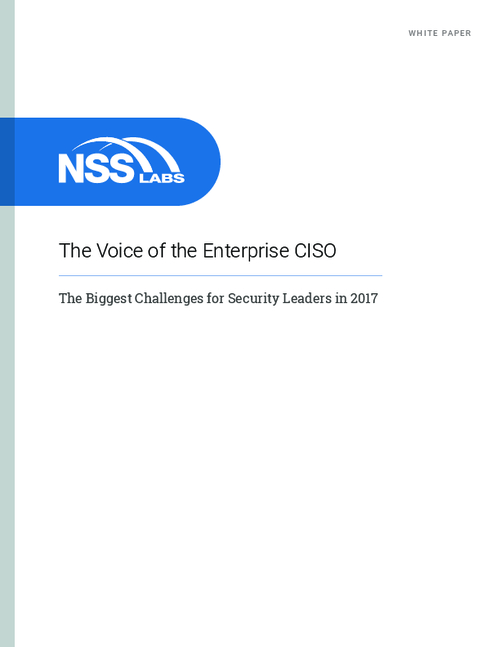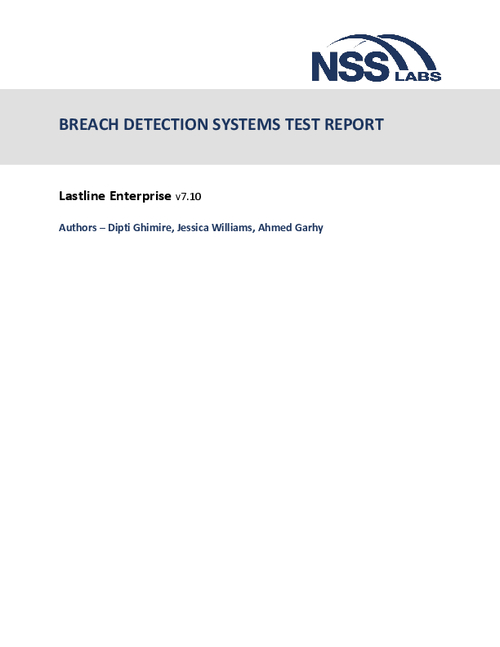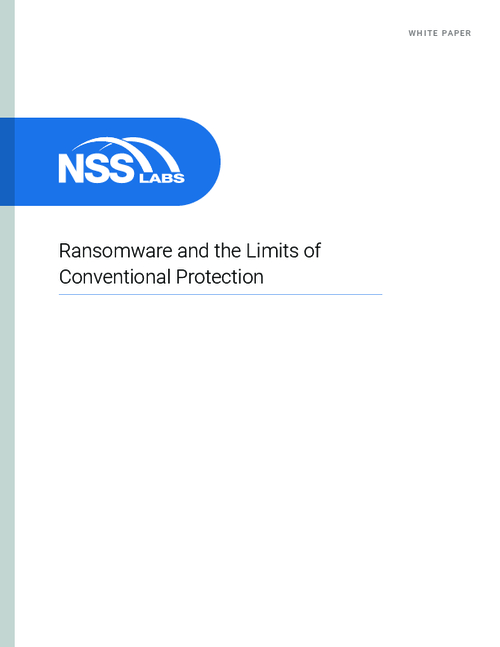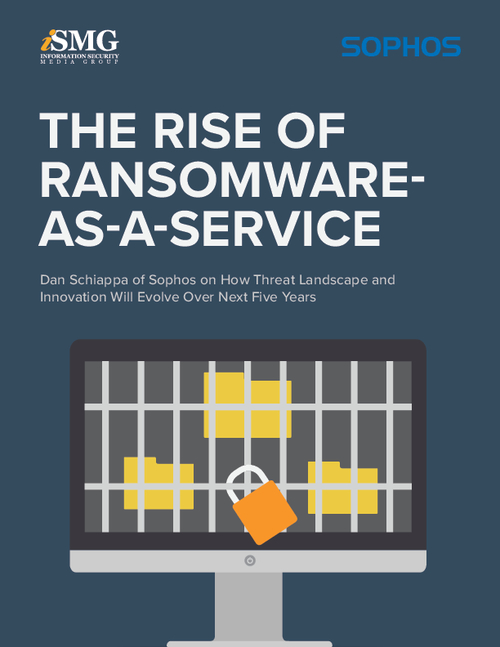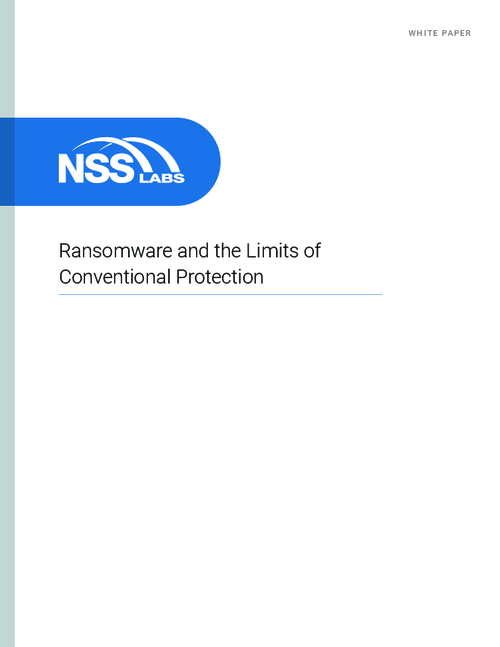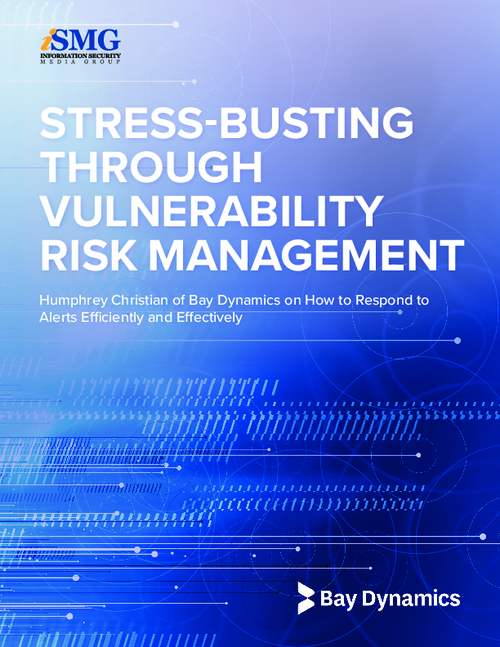Healthcare Cybersecurity: The New Strategy
Optum's Aaron Rinehart on Why It's Time for a New Approach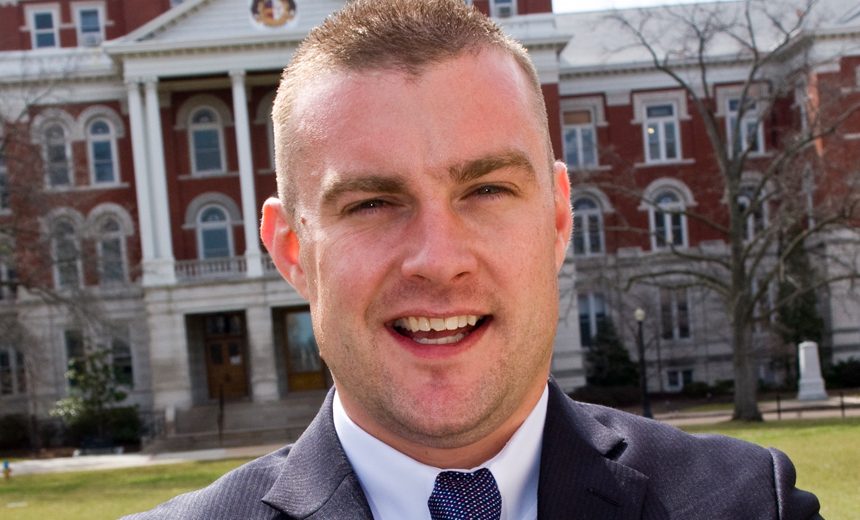
From ransomware to targeted social engineering attacks, the threats to healthcare entities have changed enormously. Isn't it time for healthcare's cybersecurity strategy to change, too? That's the premise of Optum's Aaron Rinehart.
Rinehart, the Chief Enterprise Security Architect at Optum, comes from a distinguished background in government, aerospace and defense. But he's never seen an industry with quite the urgent cybersecurity needs as healthcare.
"If your credit card information is breached and disclosed publicly, you can change - the financial institution can generate [a new card], disclose the breach, and you're back in business," Rinehart says. "But when it comes to your health information, that's persistent. That's out there. You can't really change physical things about you that easily."
In an interview about the urgency of improving healthcare cybersecurity, Rinehart discusses:
- The industry's unique challenges;
- How to manage emerging technology risks;
- Key elements of the new healthcare security agenda.
Rinehart currently serves Chief Enterprise Security Architect at the United Health Group and has worked and consulted in the field of Information Security and Risk Management for organizations such as the Department of Homeland Security, National Aeronautics and Space Administration and the Department of Defense. He has been a featured speaker at several media outlets and conferences most notably the National Press Club in Washington DC, ABC News and the Huffington Post.

